

2000: The year in review
Lifting up the voice of church in society
Lifting up the voice of church in society
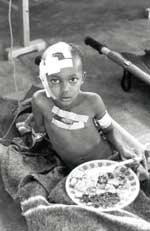
Addressing both perennial problems of discrimination and particular issues arising in various parts of the world, Council staff made many appeals for the respect of human rights. But they advised caution regarding a trend to approve more military interventions on behalf of humanitarian causes.
He also announced that the WCC was undertaking a study of ethical issues surrounding humanitarian intervention. Invited by the WCC International Relations team, 35 people from various regions and disciplines gathered at the Bossey Ecumenical Institute in April to discuss the issue.
Another sphere of WCC activity has been the United Nations Human Rights Commission, based in Geneva. Again in 2000, the Council supported representatives of Indigenous Peoples attending meetings of the commission and other UN groups focusing on Indigenous issues. Assisted through the Council's Indigenous Peoples' Programme, Indigenous representatives were able to continue - as they have been doing for the past twenty years - to submit their demands for the right to self-determination. The WCC also made submissions to the UN on issues such as the situation of the Dalits in India.
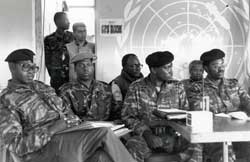
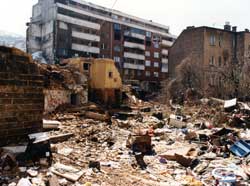
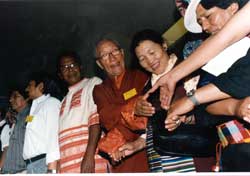
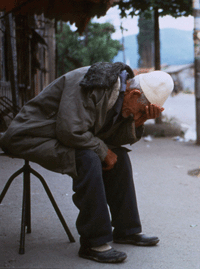
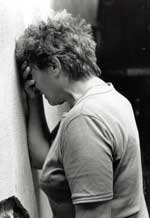
In July, Eunice Santana, a Disciples of Christ minister and former WCC president from Puerto Rico, delivered a WCC statement at UN headquarters in New York in support of decolonization of Puerto Rico. Addressing a UN committee on Granting Independence to Colonial Countries and Peoples, she appealed for a legitimate process of self-determination by the Puerto Rican people.
Santana also called for UN support of efforts to get the US navy to stop using the Puerto Rican island of Vieques for practice operations.
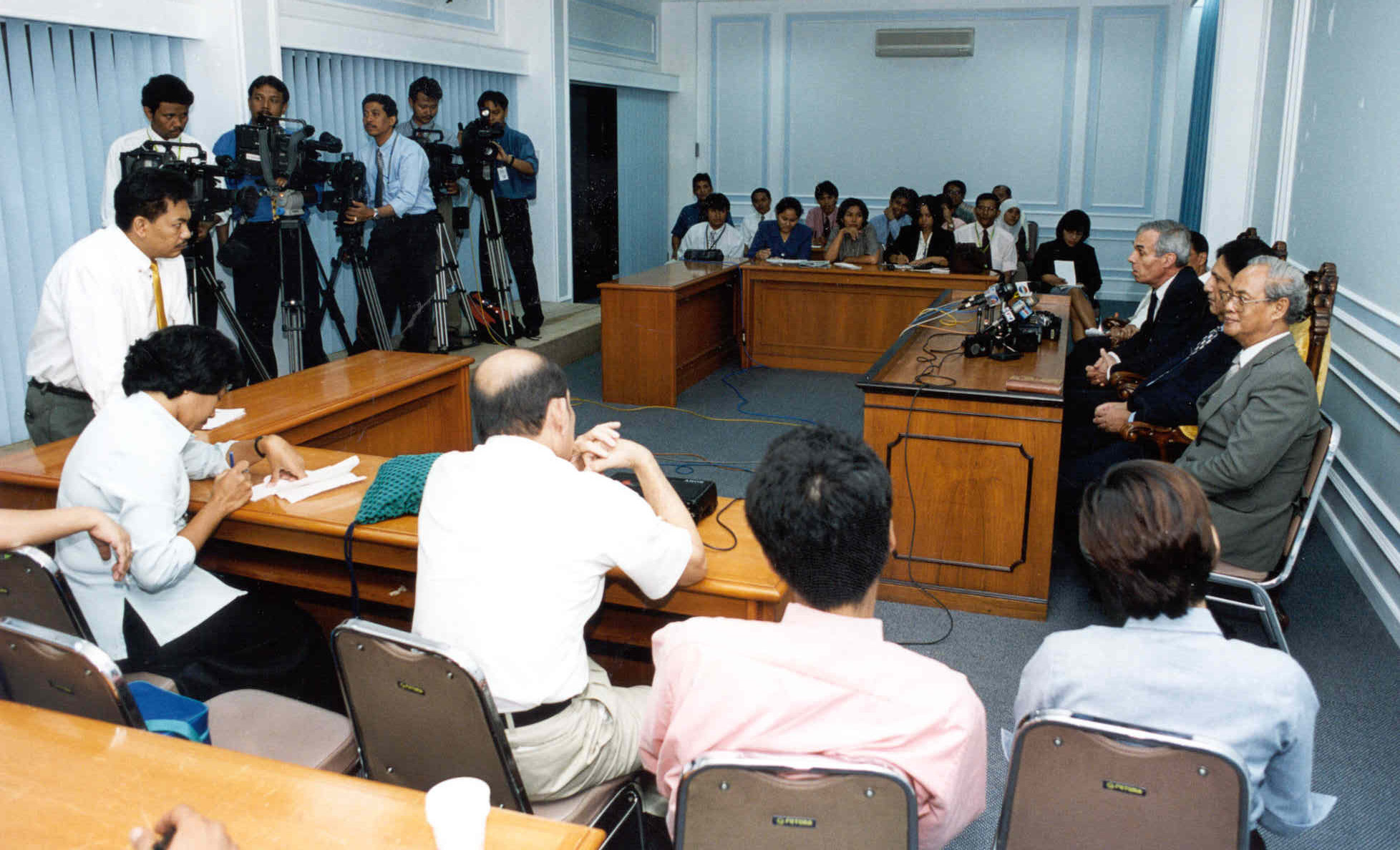
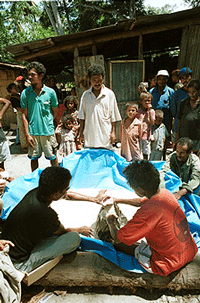
When the WCC general secretary expressed concern about conflicts between religious communities, Wahid reaffirmed his support for a spirit of tolerance, and his opposition to government interference in the life of religions.
The WCC also gave attention to the issue of impunity as it affected many other countries throughout the world. WCC officials warned against efforts to produce a too-easy reconciliation after a period of bloody dictatorship by granting impunity to government and military officials responsible for killings, torture, disappearances and other abuses. WCC publications in 2000 included Beyond Impunity: An Ecumenical Approach to Truth, Justice and Reconciliation by Geneviève Jacques, director of the WCC Cluster on Relations. Justice requires that the perpetrators of human-rights violations be brought to account, she wrote. In a preface, Raiser said that acceptance of impunity for those holding political, military or economic power erodes the very basis of the social order.
Many of the particular and perennial issues facing society also drew WCC attention last year. Following up on the WCC Decade of Churches in Solidarity with Women (1988-98), a steering group took actions that were part of a long-term process encouraging women to articulate their vision of being church, says Aruna Gnanadason, the Councils executive for womens programmes. Women don't want just to complain as victims, but to be more pro-active, and claim for ourselves our spiritual space. The WCC advisory group on women met in February and approved a new reflection-action study, Being church: women's voices and visions, and a programme to combat violence against women. At a November meeting in Seoul, women theologians of Asia discussed "how we model the church", and reviewed the kinds of ministries that were being provided for groups such as rural women in Korea or battered women in India. Orthodox women started two theological journals (MaryMartha in Australia and the St Nina Quarterly in the US), Gnanadason reported. Lesley Orr Macdonald and Helen Hood of Scotland opened an office there to coordinate a WCC programme on violence against women. Material on the study and reflection process titled "Being Church: Women's Voices and Vision" was prepared for publication in the January 2001 issue of The Ecumenical Review.
A reference group on human sexuality, named as a result of widespread discussion about homosexuality among WCC member churches, met in November.
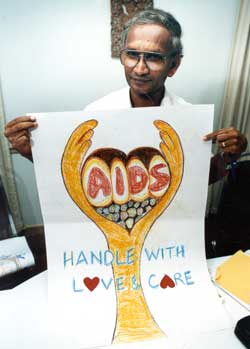
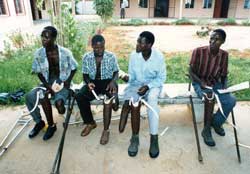

During the year, the WCC's health desk pursued its work with Christian health networks around the world, enabling them to reflect on their approaches to primary health care, HIV/AIDS prevention programmes and the growing role of church-related health-care facilities and workers in post-conflict situations. During 2000, the WCC's Mission and Evangelism team, of which the health desk is a part, also organized and co-sponsored training in community health and primary health care.
Participants decided that they would concentrate initially on two issues: global economic justice, with a special focus on world trade; and the ethics of life, with a special focus on HIV/AIDS.
Trade is dominated by a few economic powers, and trade inequities are a major cause of economic injustice, they said. HIV/AIDS is not only one of the gravest health challenges facing the world but equally challenging to prospects of development and global security. In addition to these two special emphases, the Alliance will promote closer cooperation in addressing conflict situations.
Those joining in the Alliance committed themselves to "promote approaches to political, economic, social and cultural issues based on a shared commitment to the gospel and concern for those people who suffer from injustice". Linda Hartke from the US, who formerly worked for Church World Service, was chosen to begin work as coordinator in 2001. Her office, located at the Ecumenical Centre in Geneva, will be administered by the WCC, and the programme guided by a ten-member ecumenical advocacy committee, to be convened by Jacques.